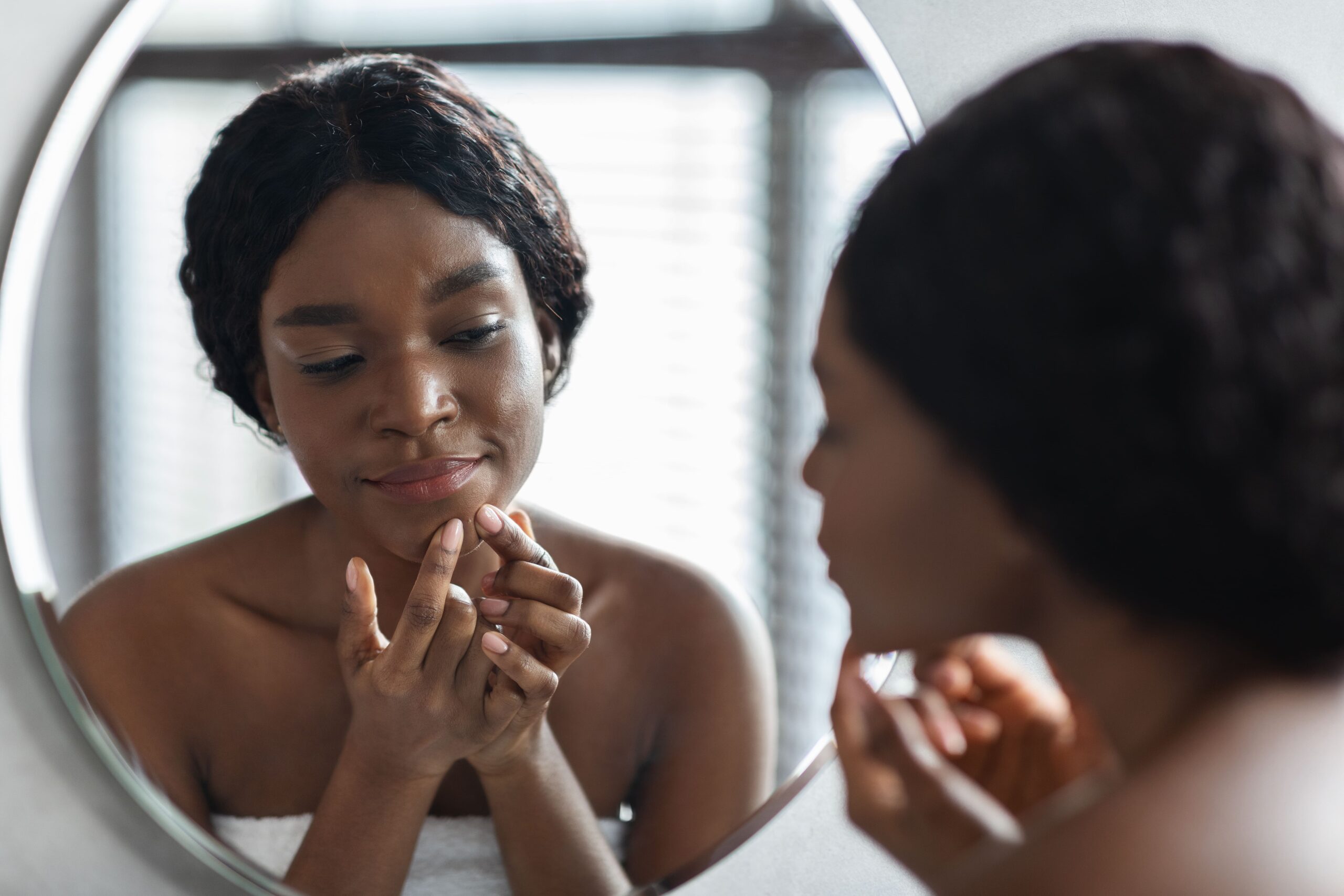Acne is a common skin condition that affects millions of people worldwide, including Nigerians. While it is primarily a physical condition, the impact of acne extends beyond the skin\’s surface, affecting individuals\’ mental health and self-confidence. In Nigeria, like in many other countries, acne is a prevalent concern, especially among adolescents and young adults.
Continue reading as we go through the emotional and psychological consequences of acne on Nigerians and discuss strategies to mitigate its effects.
The Emotional Effect of Acne
- Low Self-Esteem: Acne can significantly affect self-esteem and self-worth. Nigerians, just like anyone else, may feel self-conscious about their appearance when they have acne. This can lead to a negative self-image, affecting their overall confidence.
- Depression and Anxiety: The emotional distress caused by acne can manifest as symptoms of depression and anxiety. Nigerians dealing with acne may experience persistent sadness, hopelessness, and heightened anxiety, particularly in social situations.
- Social Isolation: Acne can lead to social withdrawal as individuals may avoid gatherings or public events due to fear of judgment or embarrassment. This isolation can further exacerbate feelings of loneliness and depression.
- Negative Self-Talk: Many individuals with acne engage in negative self-talk, talking down on themselves, and blaming themselves for their skin condition. This negative internal dialogue can erode their self-confidence and mental well-being.
The Impact of Acne on Self-Confidence
- Professional Life: Acne can hinder career development and job opportunities as individuals may feel less confident in job interviews or networking events. This can limit their professional growth and income potential.
- Relationships: Building and maintaining relationships, both romantic and platonic, can be challenging for those with acne. Self-doubt and fear of rejection may hinder the pursuit of fulfilling personal connections.
- Dating and Marriage: In the context of dating and marriage, acne can lead to feelings of inadequacy. Nigerians with acne may struggle with self-confidence when seeking a romantic partner, impacting their ability to form healthy relationships.
Addressing the Impact of Acne
- Seek Professional Help: Consulting a dermatologist can help manage and treat acne effectively. They can recommend tailored treatment plans and prescribe medications or skincare routines to improve skin health.
You can complete our contact form to be connected with a certified specialist https://acnefreeclub.com/get-started/
With our little advice and consultation, you are well on your way to having the perfect skin you\’ve always wanted.
- Practice Self-Compassion: It\’s important to remind oneself that acne is a common condition and does not define one\’s worth. Self-compassion can help counter negative self-talk.
- Embrace Self-Care: Maintaining a healthy lifestyle, including a balanced diet, regular exercise, and stress management, can contribute to clearer skin and improved mental health.
- Support Networks: Sharing experiences and seeking support from friends, family, or support groups can help individuals cope with the emotional challenges of acne.
Conclusion
Acne is not merely a skin condition; it has far-reaching effects on the mental health and self-confidence of Nigerians and individuals worldwide. Recognizing the mental toll of acne and seeking appropriate support and treatment is crucial for improving overall well-being

